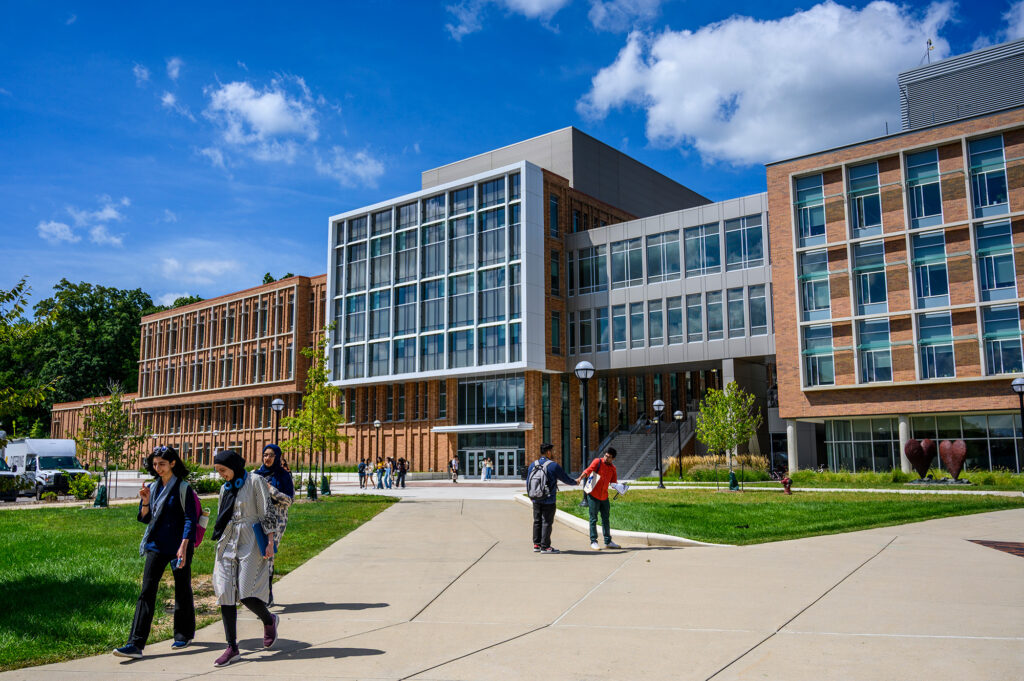The University of Michigan celebrates over 150 years of sustainability leadership with a comprehensive report highlighting historic progress and a visionary path forward in academics, operations, research, and health care. The synthesis report, “A History of Action, A Foundation for Change: 150 Years of Sustainability at the University of Michigan”, draws from institutional reports and interviews, capturing U-M’s extensive climate action efforts and offering a unified vision for the future.
Embedded in community values, the report serves as both a historical record and a call to action. “This report is both a reflection and a call to action,” stated President Domenico Grasso, emphasizing the university’s ongoing leadership in tackling environmental, health, and social challenges.
The initiative aligns with U-M’s strategic vision, urging coordinated action across academic, operational, research, and health care sectors, while engaging the community. The report was released alongside the inaugural Climate Week, aiming to involve the campus community in the sustainability mission.
New executive leadership structure
Established in January 2025, the Sustainability and Climate Executive Leadership Council is pioneering at a public university, uniting leaders from diverse sectors to foster collaboration across U-M’s campuses and Michigan Medicine. The council is tasked with propelling climate action and sustainability priorities forward.
Key figures include Shana Weber, Shalanda Baker, and Tony Denton, who guide the university’s sustainability vision and resource allocation, aiming to integrate research, operations, and community partnerships into a living and learning laboratory approach.
Progress and opportunities
The report underscores U-M’s sustainability achievements, such as:
- Michigan Medicine reducing anesthetic emissions by 88% in two years.
- The launch of U-M’s first all-electric academic facility, the Leinweber Computer Science and Information Building.
- The Maize Rays solar program, set to add over 25 megawatts of renewable capacity.
- Research in clean aviation, wave energy, and environmental health through the MI CARES study.
- Community initiatives like medical supply reallocation and river restoration in Flint.
- Over 800 sustainability-related courses offered across U-M.
- The Graham Sustainability Institute’s Catalyst Grants supporting urgent climate challenges.
Highlighted initiatives include the Student Sustainability Coalition, Campus Farm, and MDining’s plant-based meals. Michigan Medicine advances sustainable healthcare, while athletics and operations demonstrate scalable solutions through Zero Waste Gamedays.
Academic leadership is crucial, with initiatives like “Make Climate a Class” broadening climate literacy, and MI Hydrogen promoting a clean hydrogen economy. U-M’s extensive research and teaching enterprise fosters discoveries that inform global policy and prepare future leaders.
Looking ahead
U-M is dedicated to enhancing collaboration across campuses, ensuring sustainability efforts are measurable and aligned with goals like carbon neutrality and environmental equity. Priorities include expanding renewable energy, integrating sustainable practices in health care, and fostering interdisciplinary research that translates into real-world impacts.
Shalanda Baker noted, “The report gives us a roadmap for turning our sustainability efforts into measurable, coordinated impact across operations, academics, and health care,” emphasizing the collaborative effort needed to advance sustainability solutions.
—
Read More Michigan News










